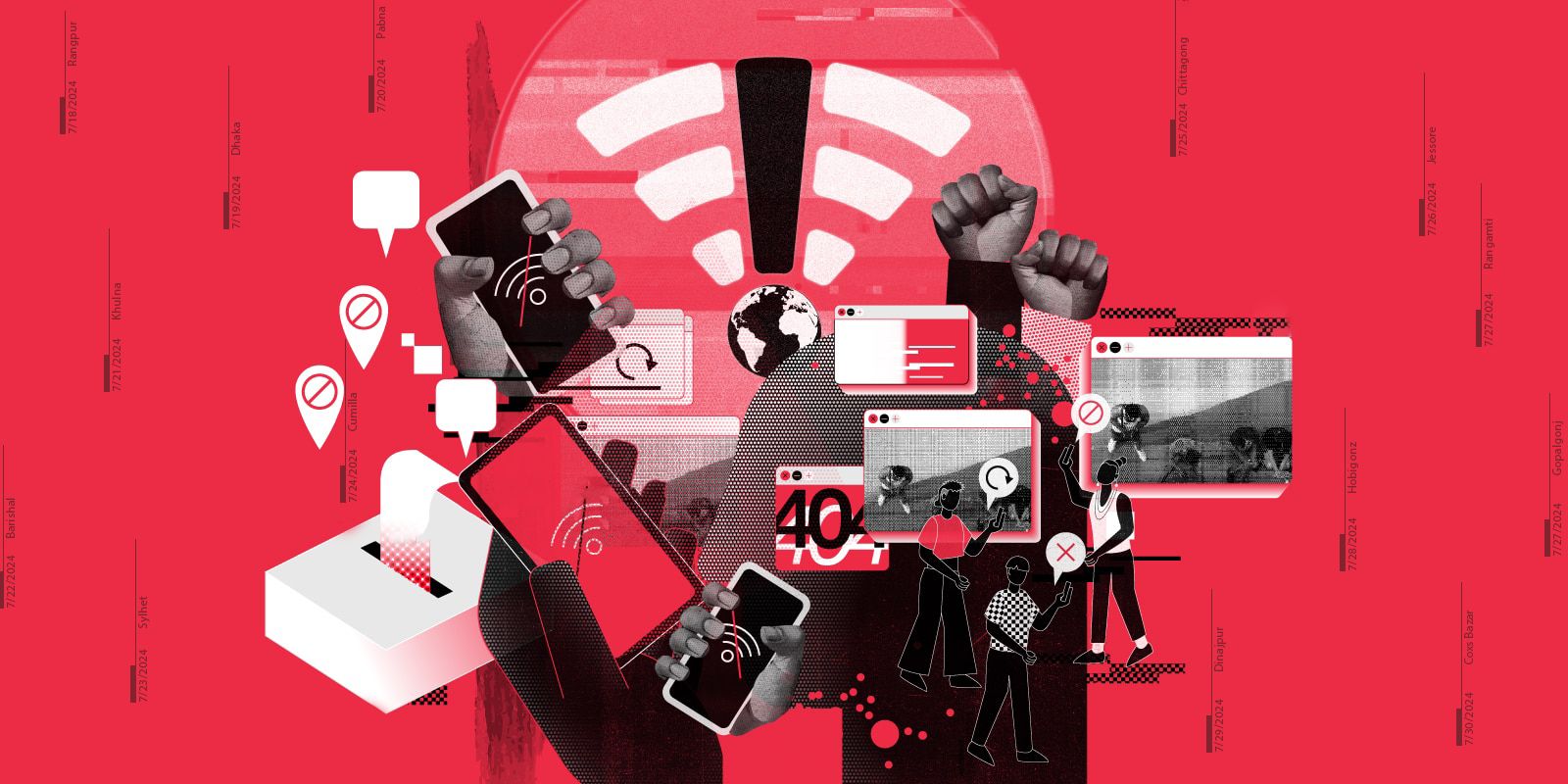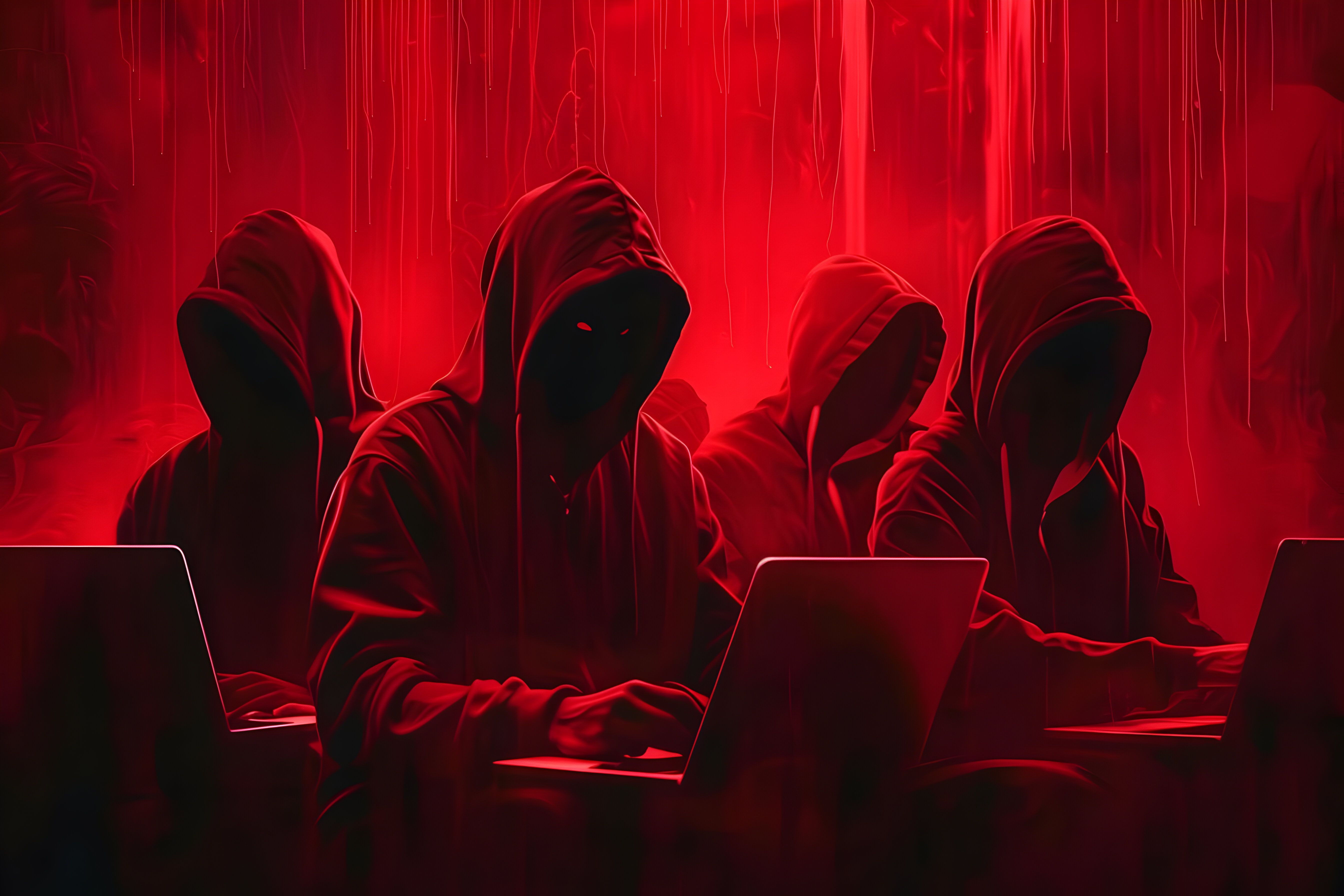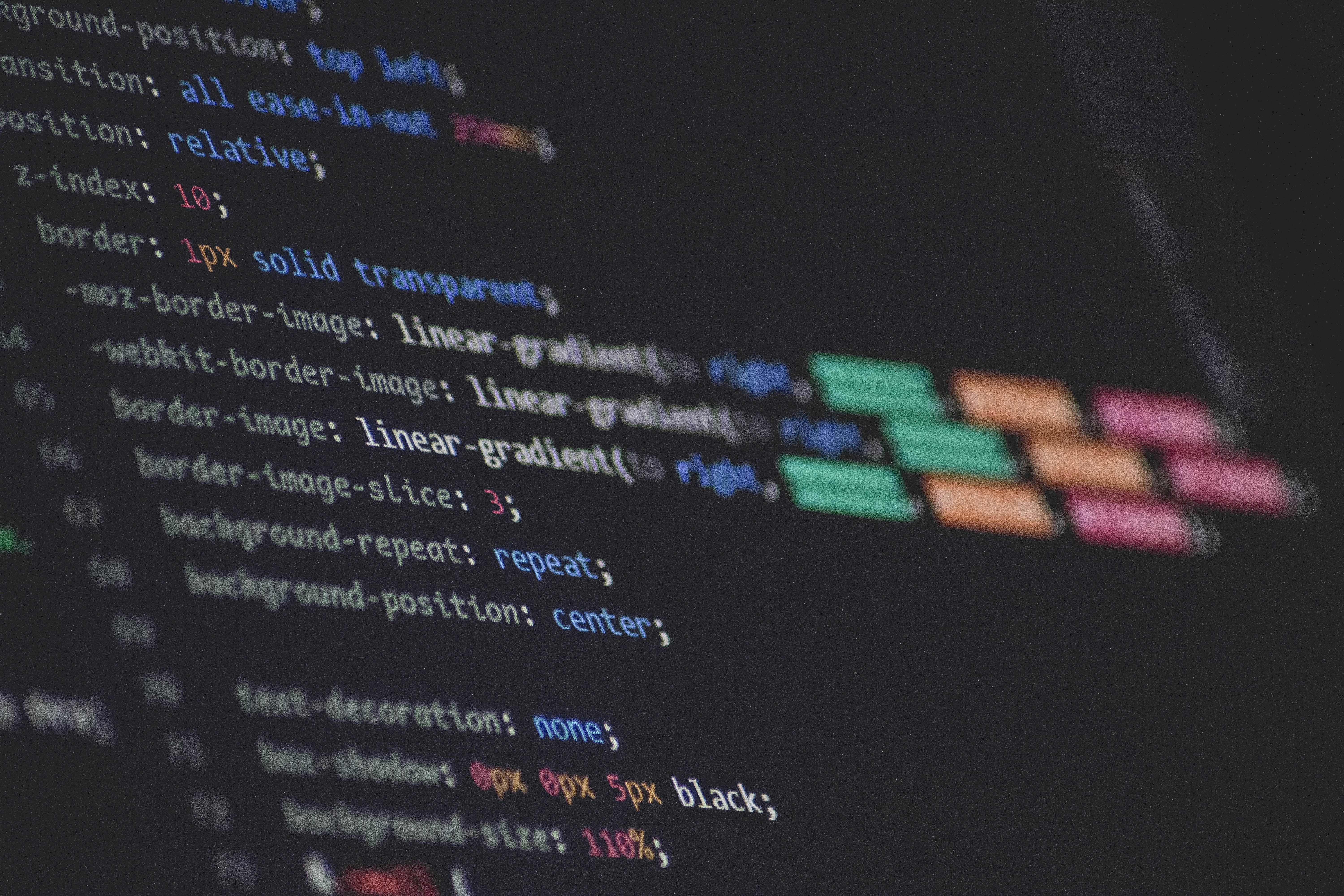When the Internet Goes Dark: Lessons from Bangladesh's Internet Shutdown
- Bangladesh
- •
- Tachnology
In a shocking move, the Bangladeshi government recently shut down the internet without warning, leaving citizens without access to the global network for most of the week. The sudden disconnection was accompanied by a 24/7 curfew, making it impossible for people to leave their homes. But, as few people discovered, the absence of the internet didn't mean the end of communication. In this blog post, we'll explore the innovative ways people in Bangladesh found to stay connected and discuss what we can learn from their experiences.
Context
In recent years, Bangladeshi students have found themselves at the forefront of significant political and social upheaval. The government's decision to shut down the internet without warning is only one chapter in a broader story of youth activism, resilience, and the fight for justice. These movements have historically been catalysts for broader societal changes, with students using their collective power to demand reforms.
Turning Intranet into a Community Hub
With the internet down, one Reddit user decided to open up their Jellyfin service to immediate family and friends, realizing that the country's intranet was still operational. This initiative sparked a wave of similar actions:
- Chat Application: A simple chat app was launched, rekindling the joy of communication.
- Video Conferencing: A Jitsi meet was set up, enabling virtual meetups.
- Media Sharing: Various media libraries were shared, bringing entertainment and a sense of normalcy.
These efforts transformed a period of isolation into a connected, supportive community, showcasing the power of collective action and local networks.
Lessons and Future Preparations
Reflecting on this experience, several key takeaways and preparations for potential future shutdowns were identified:
1. Create a Local Network or Mesh Network:
- Set up mesh networks using wireless routers to ensure local communication remains intact. These networks can be decentralized and self-healing, maintaining connectivity even if some nodes fail.
- Develop intranet-based services such as local versions of social media (e.g. mastodon), chat applications, and file sharing.
2. Decentralized Applications
- Use decentralized p2p applications that don't rely on central servers, such as Syncthing for file sharing and Briar for messaging.
- Explore blockchain-based services for secure and decentralized data sharing.
3. Offline Resources
- Create local repositories of important information, educational resources, and entertainment content that can be accessed without internet. For that Kiwix can be a good solution.
- Ensure availability of offline maps and navigation tools to assist with movement and logistics during shutdowns. Openstreetmap can come handy here.

By preparing in advance and leveraging local networks, we can mitigate the impact of future internet shutdowns and maintain connectivity and morale within our communities.
Standing Up Against Injustice
As a fellow Bangladeshi youth, We at Edistys support the student movement and am deeply angered by the government’s decision to shut down the internet and crack down on innocent students. The resilience and innovation shown by the youth during these times are commendable, but we must continue to push back against such oppressive measures. Supporting student protests and advocating for digital rights are crucial steps in ensuring that our voices are heard and our rights are protected. The government must be held accountable for its actions, and we must stand united in our fight for justice and freedom.




